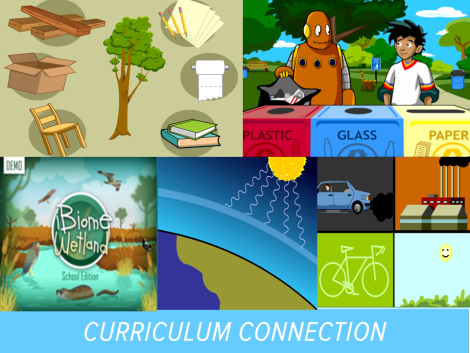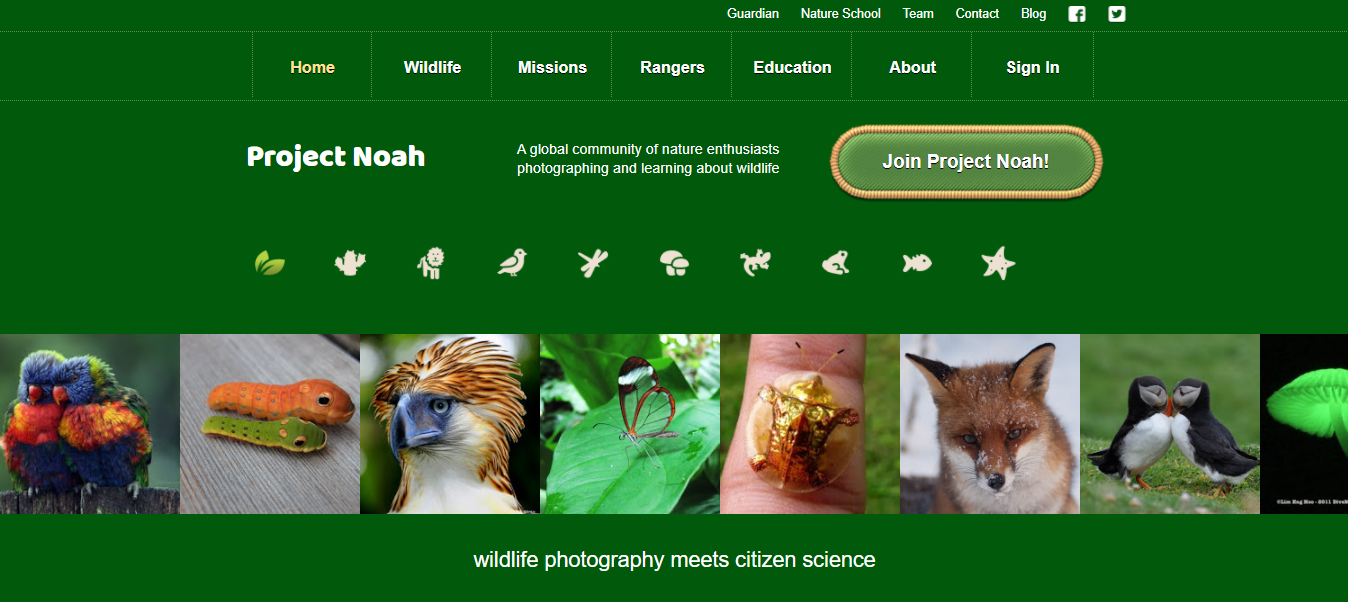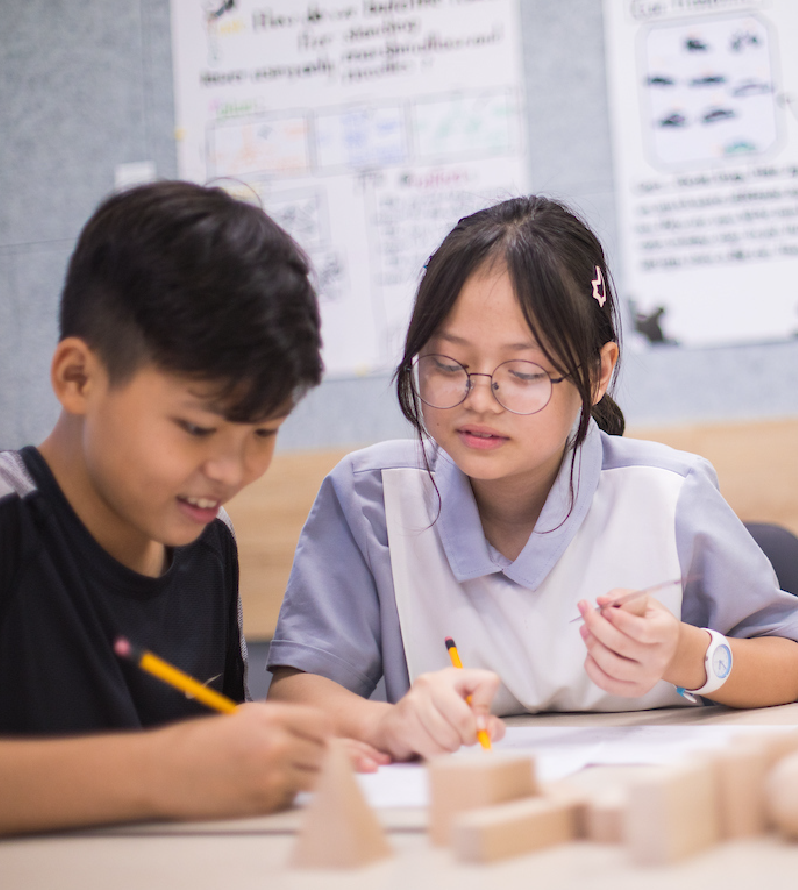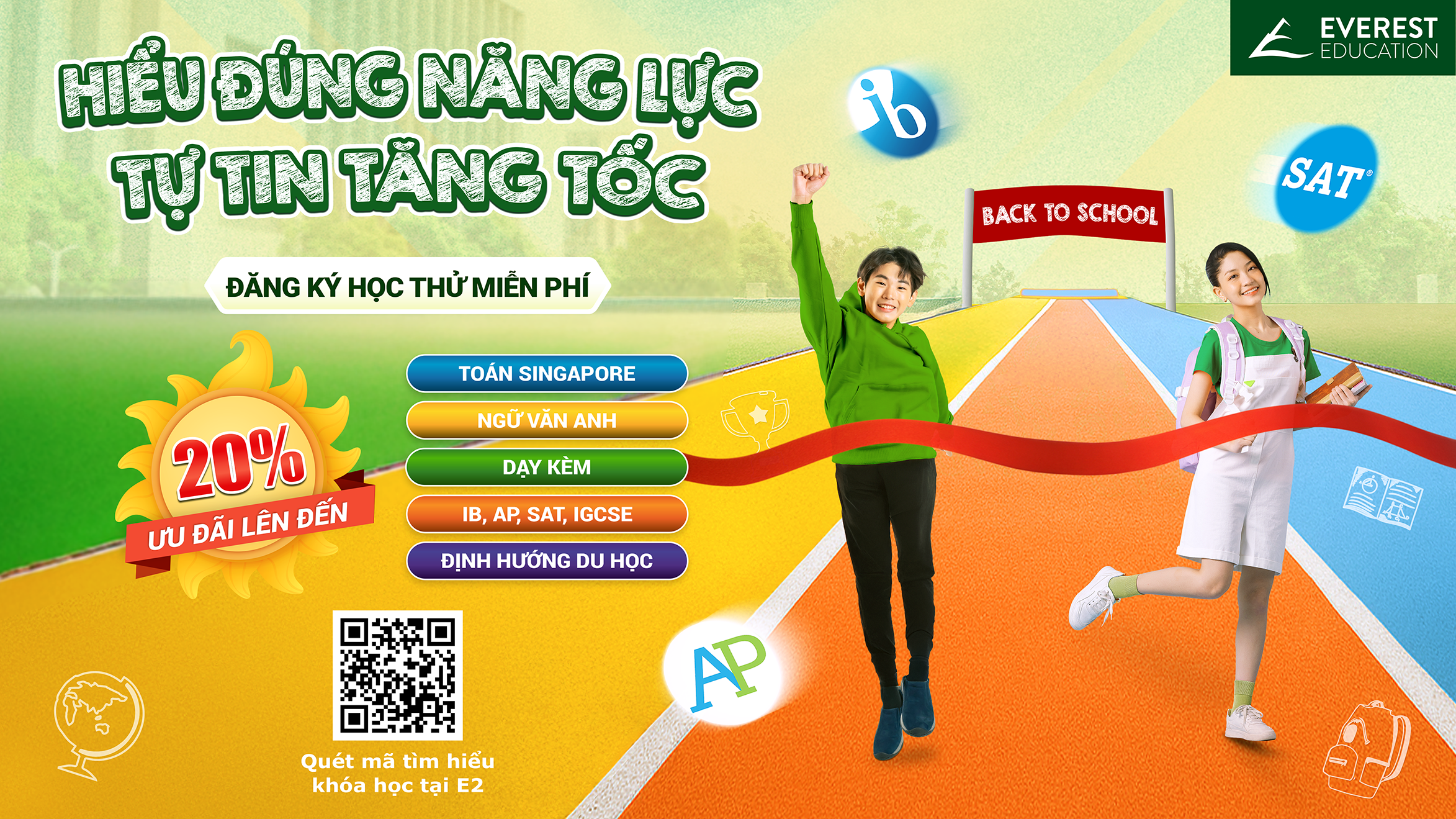Young children are naturally inquisitive, full of curiosity about the world around them and the drive to explore how things work. Therefore, parents should take advantage of this innate curiosity to spark their enthusiasm for scientific discovery as early on as possible. Ultimately science doesn’t just teach kids about science; it teaches them about life and how to think independently for their entire lives.
However, finding the best science websites for kids isn’t always easy! Whether it’s to fill up these long days of social distance due to coronavirus or to enhance performance in the years ahead, here are some excellent science sites for kids to try at home.
This article puts together a fantastic collection of science websites for children of all ages to start putting some of these concepts into action! These websites provide various hands-on activities, interactive games, quizzes, virtual experiments, and several other materials to engage your child in immersive learning experiences covering various science topics and phenomena. Using a mixture of scientific knowledge and technology, kids will get to explore the world of science in a fun and engaging way.
1. Best Science Websites For Kids Under Grade 8

(Cr) BrainPOP Educators
BrainPOP offers educational animated videos and lessons covering different science topics. Each featured science topic comes with illustrative videos, quizzes, and accompanying activities. BrainPOP is a well-designed site for science learning, covering all subjects like cellular life and genetics, ecology and behavior, forces of nature, fragile environment, scientific inquiry, and paleontology and anthropology. It is a very active site for young students with many animations, movies, and short interactive quizzes. The site also has some interactive coding lessons, which are always fantastic ways to learn something they might not normally be exposed to.

National Geographic Kids is our teachers’ go-to website for fun and fascinating resources for students, as the main site links to the Nat Geo curriculum we are using for our English Language Arts classes. This website is a great way to introduce the diversity of life on Earth. The section on animals shines, with many specific animals to study, especially mammals. For social studies lessons, the site also profiles dozens of countries all over the globe – with entries that are objective and informative, designed to captivate students with images, maps, and videos. National Geographic Kids is a one-stop-shop for elementary and middle school kids interested in the cultural or natural world.

This great YouTube channel “explores all those curious topics that make us ask ‘why?’” Join Jessi and her robot rat, Squeaks, for new videos every Tuesday and Thursday as they cover a wide range of intriguing topics. For example, “The World’s Ugliest Animal” and “The Coolest Machine Ever!”

Who’s ready to solve some mysteries? This site encourages young learners to apply critical thinking and problem-solving skills to real-life scenarios. For example, “Were dragons ever real?”, “How do germs get inside your body?”, “Who invented pizza?”… Parents can also review the content so as you can spark some engaging conversations with your kids then. It’s always free, but you can pay for their special list of lessons grade-by-grade that is perfect for remote learning.

Generation Genius is a creative resource that brings school science to life through fun and educational videos produced in partnership with the National Science Teaching Association. Topics covered include weather, chemistry, sound, electricity and circuits, energy, plant and animal cells, pollination, gravity, ecosystems, motion and friction, biodiversity, the solar system, and lots more. Alongside the video content, parents will find detailed lesson plans for school or home learning, vocabulary lists, activities, quizzes, reading material, discussion topics, and more.
Where learning meets joy
with friends and teachers who care
2. Best Science Websites For Kids From Grade 8 and above

Earth School from TedEd introduces your child to a month of daily adventures – or Quests – that will help you understand and celebrate the natural world while learning how dependent we are on our planet. Now more than ever, we need to protect, nurture and care for Earth. The weeks are themed, from the ‘stuff we have and how it’s made to the nature around us and the nature of change. Within each lesson, your child will find fascinating resources compiled by Earth experts and ideas for getting involved in ways that count.

The NASA Kids Clubs is the perfect starting point if your child is interested in all things space! There is a complete A to Z of topics for learning at home, including space tech, the solar system, gravity, Hubble Space Telescope, supersonic flight, astronaut profiles, International Space Station, mission updates and lots more.

Help kids understand their role as “global citizens” on this site, which connects students and instructors from around the world. You’ll find a focus on discovering and identifying wildlife. And, children can choose a mission, conduct the research, explore their surroundings, and contribute to the global pool. Sharing is caring!

Curiosity Machine helps children build, share, and receive feedback from experts. Its primary focus is on teaching children, and their parents, about the power of Artificial Intelligence. Its primary focus is to bring family members together to learn and build their own AI. It has a specific “Family Challenge,” which is a “free, hands-on AI education program that brings families, schools, communities, and technology know-it-alls together to give everyone the chance to learn, play and create with AI.” Families will be guided through the basics of AI and are then encouraged to look around their local communities for potential problems to solve using their new skills. Proposals can then be submitted to win the competition.

Wonderville is another great science-related website that is packed with interactive activities for children. According to the website Wonderville “makes learning science fun for kids. We help teachers teach, and students learn. Used in 170 countries, our awarding-winning STEM content helps create lifelong learners.” Besides fun and entertaining games, it also has an excellent blog for the more curious children who want to go deeper into a subject.
Parting words…
Science concepts aren’t the only thing kids will learn by watching videos, doing experiments and learning how things work. They’ll pick up new vocabulary, strengthen math skills, engage in logic and problem solving, practice explaining concepts to others and more. We hope that these great science websites and resources will keep your kids learning and pass this time with excitement and knowledge!
Get started with Science through Everest Online Classes.
We believe that parents can transform “risk” into “opportunity” by utilizing the time spent at home with their children to help them develop and give them something productive and fun to look forward to.
Everest Education provides various flexible learning alternatives, including online programs in Singapore Math, English Language Arts and Tutoring in a wide range of subjects. Our online classes can help students that are stuck at home in a number of ways:
 Social Connection Social Connection
Kids will be able to interact with friends and teachers from the safety of their homes. |

Active & Fun
Our classes are designed with activities, games, and discussions to help students stay active. |

Structured Activities
During this period, give students something structured and regular to look forward to. |
Learn More About Our Programs
Online English Language Arts



















 Social Connection
Social Connection












